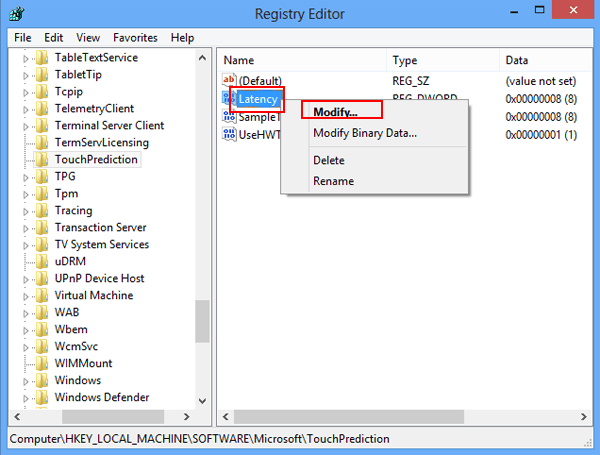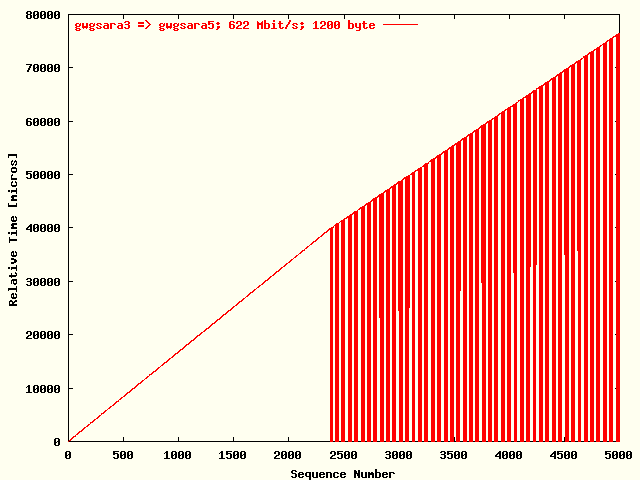Install Netperf On Windows

Install Netperf On Windows 11
Battlefield hardline highly compressed pc game download. Today I installed netperf. I'm not sure about putting it in the book directly - the package feels like there's some bit rot. I only mind that a little, but in the book context, everything's got to continue to work for a while at least after it gets published. I don't know.

It's worked up until now; rationally, that would suggest it'll keep working in the future. Reason often leads us to conclusions which are untrue, I guess.
Anyway, here's an install procedure: First, download netperf from. We picked up version 2.4.4. # wget ftp://ftp.netperf.org/netperf/netperf-2.4.4.tar.bz2 Untar it and enter the netperf directory. # tar xjvf netperf-2.4.4.tar.bz2 # cd netperf-2.4.4 Configure, build, and install netperf. (Note that these directions are a bit at variance with the documentation - the documentation claims that /opt/netperf is the hard-coded install prefix, whereas it seems to install in /usr/local for me.) #./configure # make # su # make install In the standard configuration, netserver would run under inetd; however, inetd is obsolete.
Netperf is a benchmark that can be used to measure the performance of many different types of networking. It provides tests for both unidirectional throughput, and end-to-end latency. The environments currently measureable by netperf include: TCP and UDP via BSD Sockets for both IPv4 and IPv6. I was trying to install iperf, but yum claims there's no such program in the repo. I'm quite a noob, so after it failed, I resorted to Google, but uncle Google only gives me resources regarding older versions of CentOS.
Many distros don't even include it by default. Besides, you probably don't want to leave the benchmark server running all the time. Instead of configuring inetd, therefore, run netserver in standalone mode: # /usr/local/bin/netserver Starting netserver at port 12865 Starting netserver at hostname 0.0.0.0 port 12865 and family AFUNSPEC (On my system, for some reason, there was no /etc/hosts file. I populated /etc/hosts with a localhost entry to make the next step work. I'm hoping your system is better-configured.) # netperf TCP STREAM TEST from 0.0.0.0 (0.0.0.0) port 0 AFINET to localhost (127.0.0.1) port 0 AFINET Recv Send Send Socket Socket Message Elapsed Size Size Size Time Throughput bytes bytes bytes secs.
10^6bits/sec 4 16384 6.33 Okay, looks good. Now I'll test from the dom0 to this domU: # netperf -H 216.218.223.74,ipv4 TCP STREAM TEST from 0.0.0.0 (0.0.0.0) port 0 AFINET to 216.218.223.74 (216.218.223.74) port 0 AFINET Recv Send Send Socket Socket Message Elapsed Size Size Size Time Throughput bytes bytes bytes secs. 10^6bits/sec 4 16384 10.00 638.59 Cool. Not as fast, obviously, but that's kind of to be expected. Now from another dom0 to this machine: # netperf -H 216.218.223.74 TCP STREAM TEST from 0.0.0.0 (0.0.0.0) port 0 AFINET to 216.218.223.74 (216.218.223.74) port 0 AFINET Recv Send Send Socket Socket Message Elapsed Size Size Size Time Throughput bytes bytes bytes secs.
10^6bits/sec 4 16384 10.12 93.66 Ouch. Well, so how much of that is Xen, and how much is the network we're going through? # netperf -H 216.218.223.66 TCP STREAM TEST from 0.0.0.0 (0.0.0.0) port 0 AFINET to 216.218.223.66 (216.218.223.66) port 0 AFINET Recv Send Send Socket Socket Message Elapsed Size Size Size Time Throughput bytes bytes bytes secs. 10^6bits/sec 4 16384 10.25 87.72 Huh. Could be worse, I guess. Of course, other tests, with varying, for example, packet sizes, might tell us more. But that's a start for our performance measure.